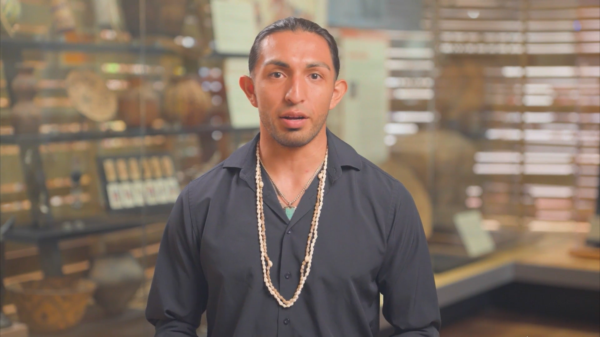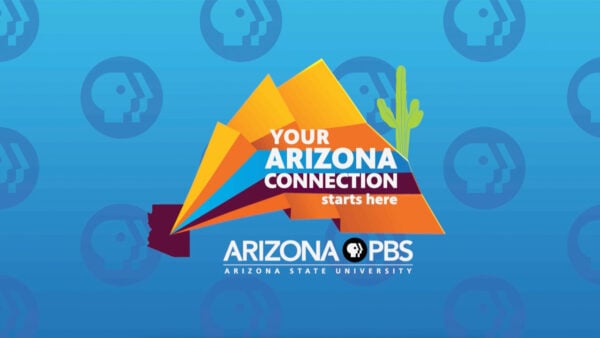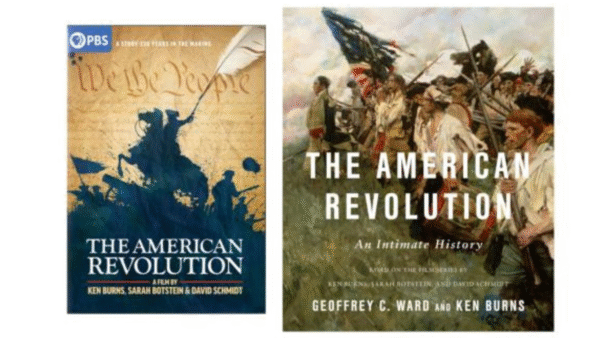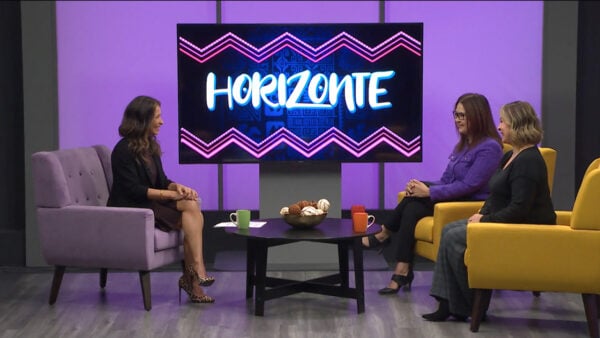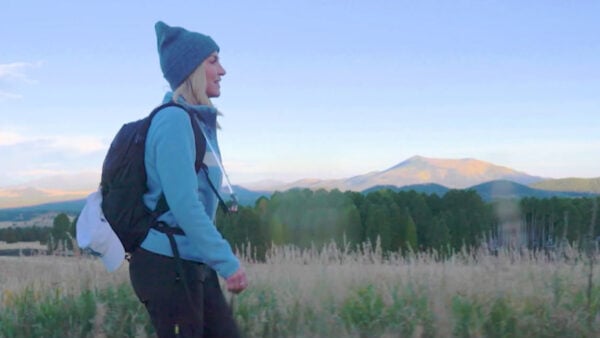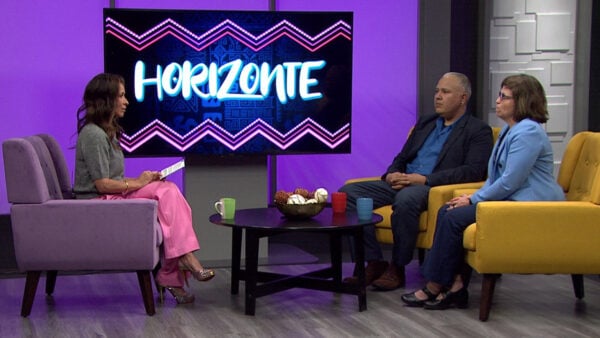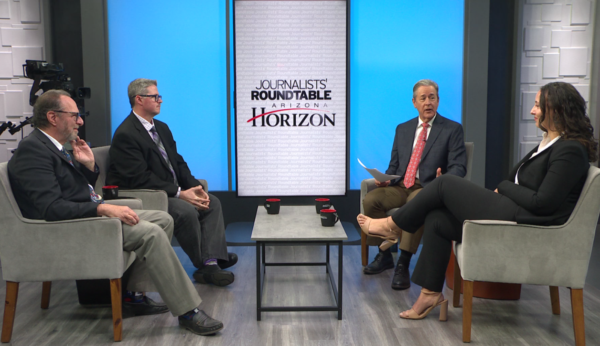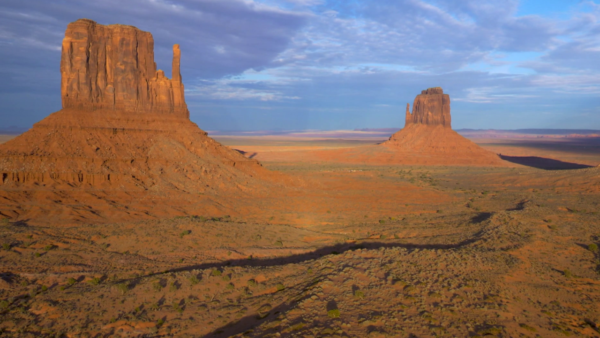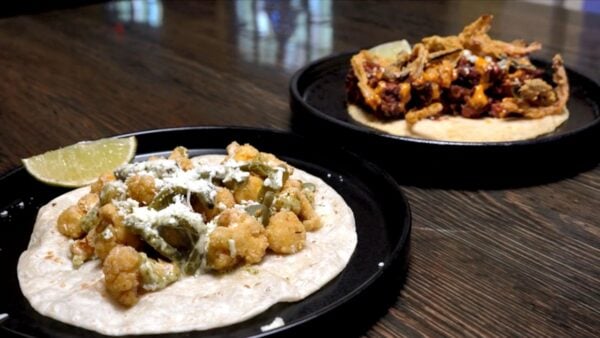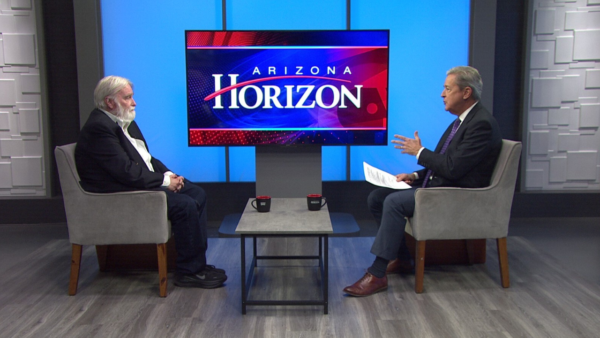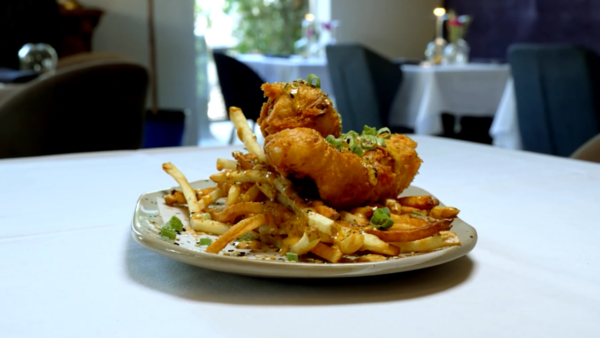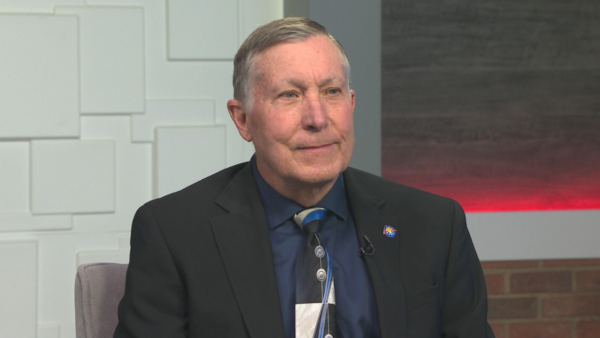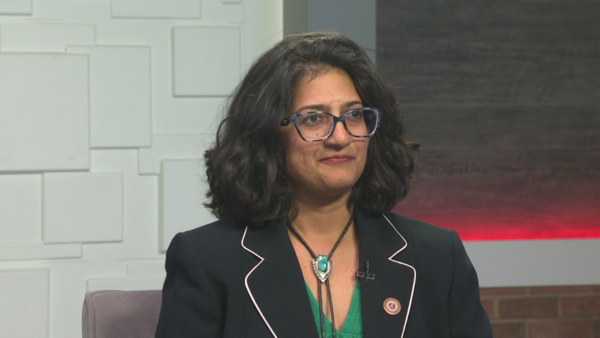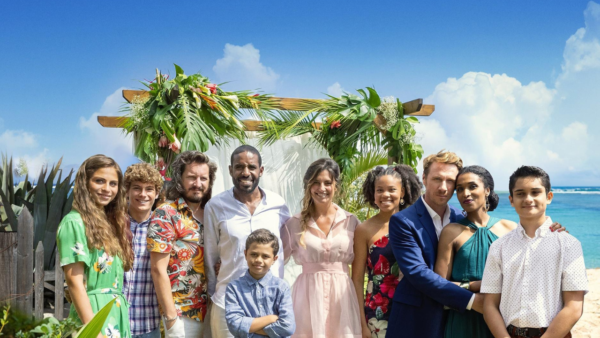
Periodically, we feature content from our partners at First Things First, an organization created by Arizona voters that partners with families and communities to help our state’s young children be ready for success in kindergarten and beyond.
Parenting in the time of coronavirus and social distancing
Being the parent of a young child can be stressful under any circumstances, but our current reality makes it even harder. Rebecca Parlakian, ZERO TO THREE’s senior director of programs, offers advice for parents with babies, toddlers and preschoolers during this period of social distancing.
Serve and return: Baby, let’s talk!
Even though they can’t use words yet, having back-and-forth “conversations” with your baby is the best way you can help them learn and develop language. Responding to your child with words, conversation and attention makes a big, positive impact on their learning and healthy development.
Parents Playbook: Top 5 tips for reading with your toddler
Sharing books with your toddler is quality time together. It also helps them develop the language skills and vocabulary they’ll need to be a good a reader later on. Check out the video for more on the top 5 tips for reading with your toddler.
Mister Rogers film is a reminder of what young children need
“Won’t You Be My Neighbor?,” the award-winning documentary reminds us that Fred Rogers cared a lot about what young children need most from us. Among those interviewed in the film is Junlei Li, co-director of the Fred Rogers Center for Early Learning and Children’s Media at Saint Vincent College, which carries forward Mister Rogers’ legacy. Dr. Li kindly answered a few of our questions about early childhood and parenting.
Quality child care helps kids thrive
Choosing child care for your infant or toddler is a big decision. There are many factors to consider, but the interactions between teachers and children should be one of the first things you look for. Watch this 1-minute video to see what to look for in teacher-child interactions that result in quality early learning.
Not just a theory: Block play builds STEM skills in early childhood
Young Albert Einstein spent a lot of time playing with blocks. It sparked his imagination and helped develop his scientific mind. Now, more than a century after his revolutionary theories of relativity were published, there’s growing evidence that playing with blocks helps young kids develop the skills needed for careers in science, technology, engineering and math.
Playtime with baby: Check out the top plays
Playing is one of the best ways to support your young child’s development and learning. Check out the game film for highlights of two pro parents teaming up for some prime-time playtime.
Growing a reader from the very beginning
When babies hear words and language, their brains develop important connections needed to learn how to read. Sharing books with your baby is an important way to bring them new and unusual words, and it’s also a great opportunity to build a strong and healthy relationship between parent and child, which is what your baby needs most.
Reading with your child helps build important life skills
A recent study shows that reading books with your young child does more than help them learn words and develop language skills. It also helps them learn to pay attention, set goals and control themselves. These important life skills – part of what’s known as executive function – start to develop in early childhood.
In child development, conversation is the golden nugget
Dr. Kathy Hirsh-Pasek is an expert on how young children learn and develop language skills. In this Q&A, she discusses the importance of conversation for the development of language skills.
Babies benefit from play time
Babies learn and make sense of the world around them through play. Research has shown that play impacts everything from physical abilities and vocabulary to problem solving, creativity and empathy.
Early childhood brain development has lifelong impact
From birth to age five, a child’s brain develops more rapidly than at any other time in life. And research has shown that a child’s experiences in these early years — positive or negative, nurtured or neglected — directly affect how the brain develops, with long-term impact on the child’s health and ability to learn and succeed in school and life.


